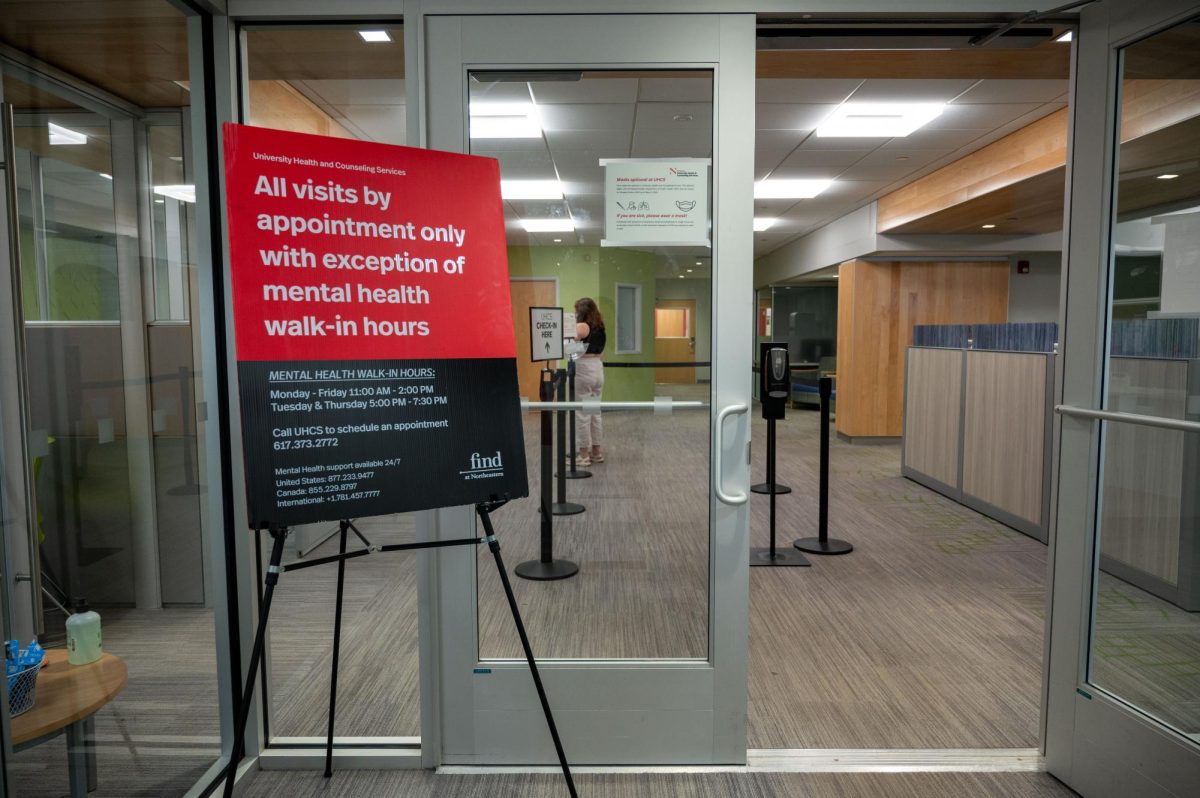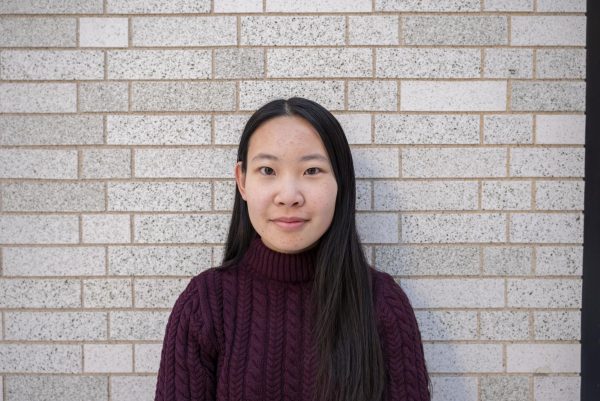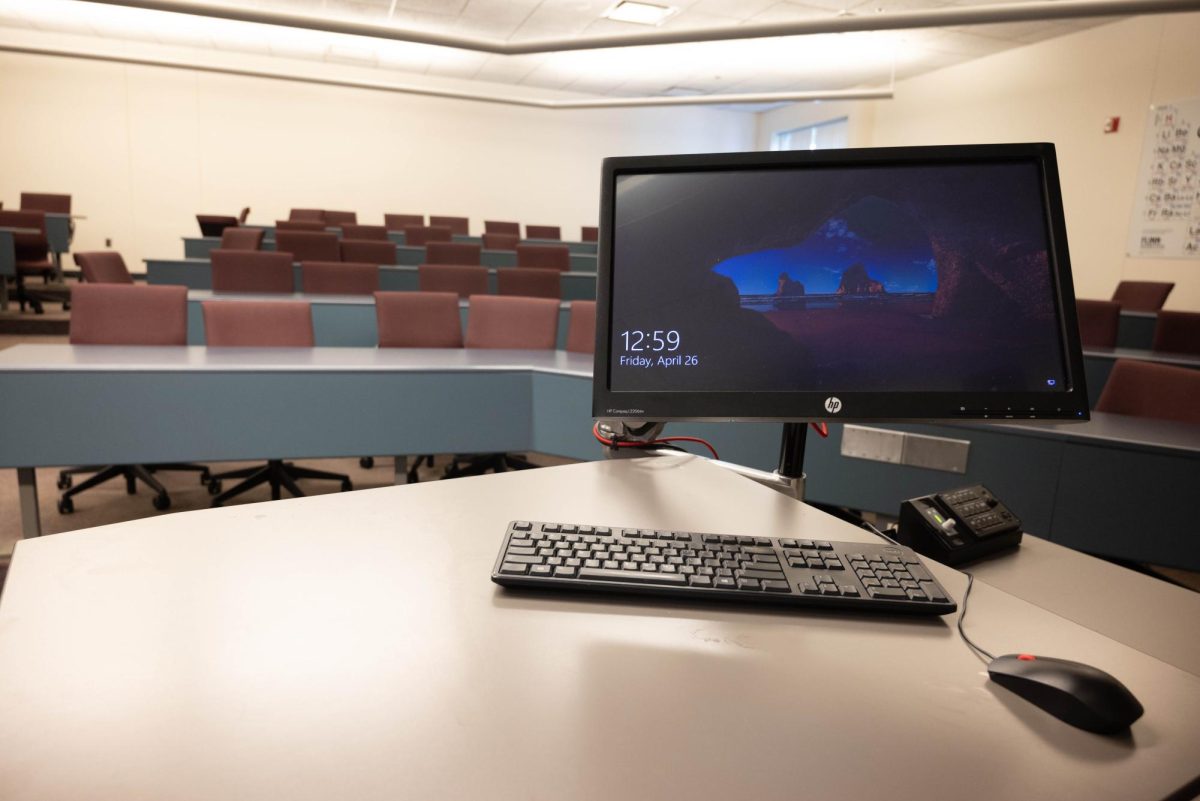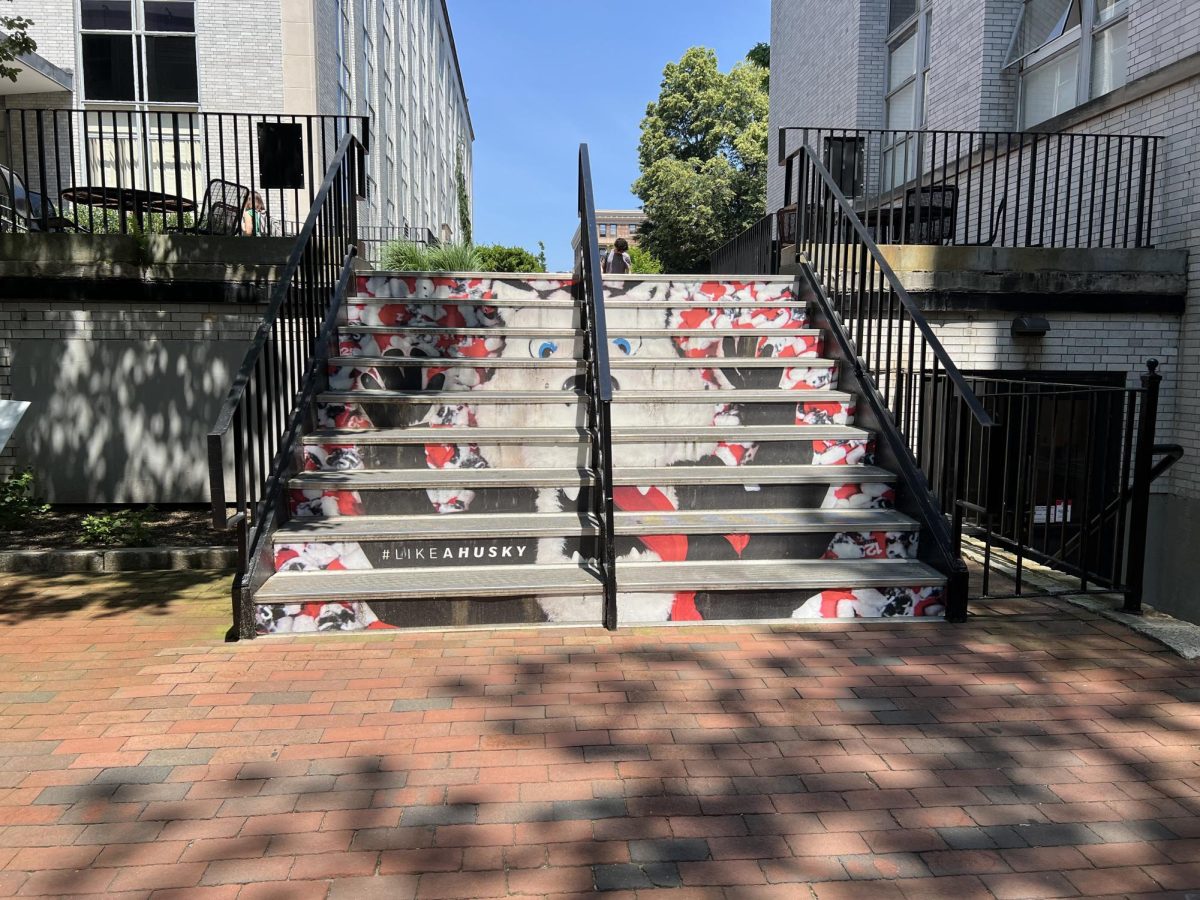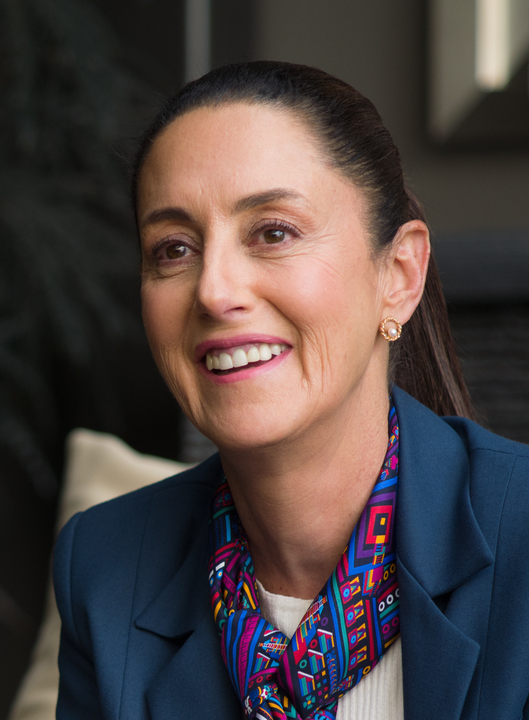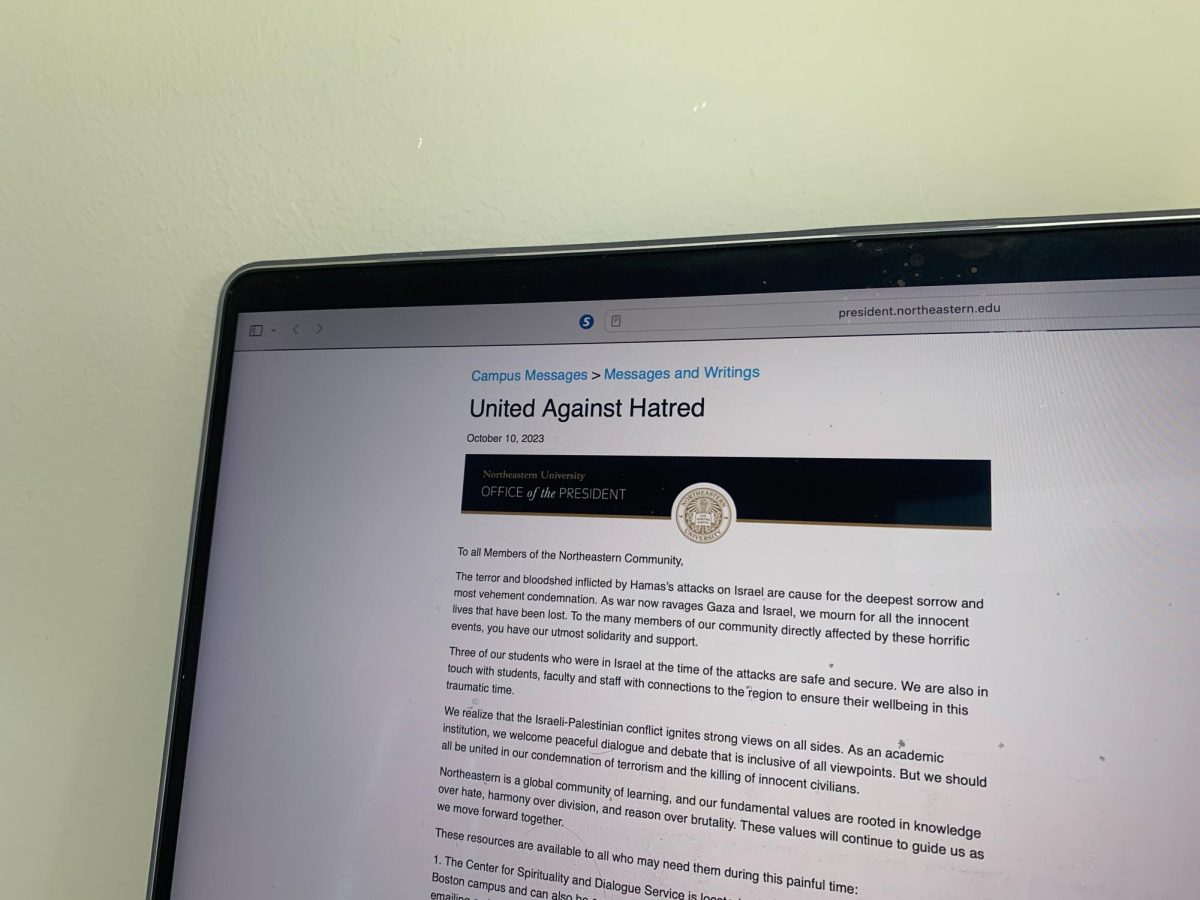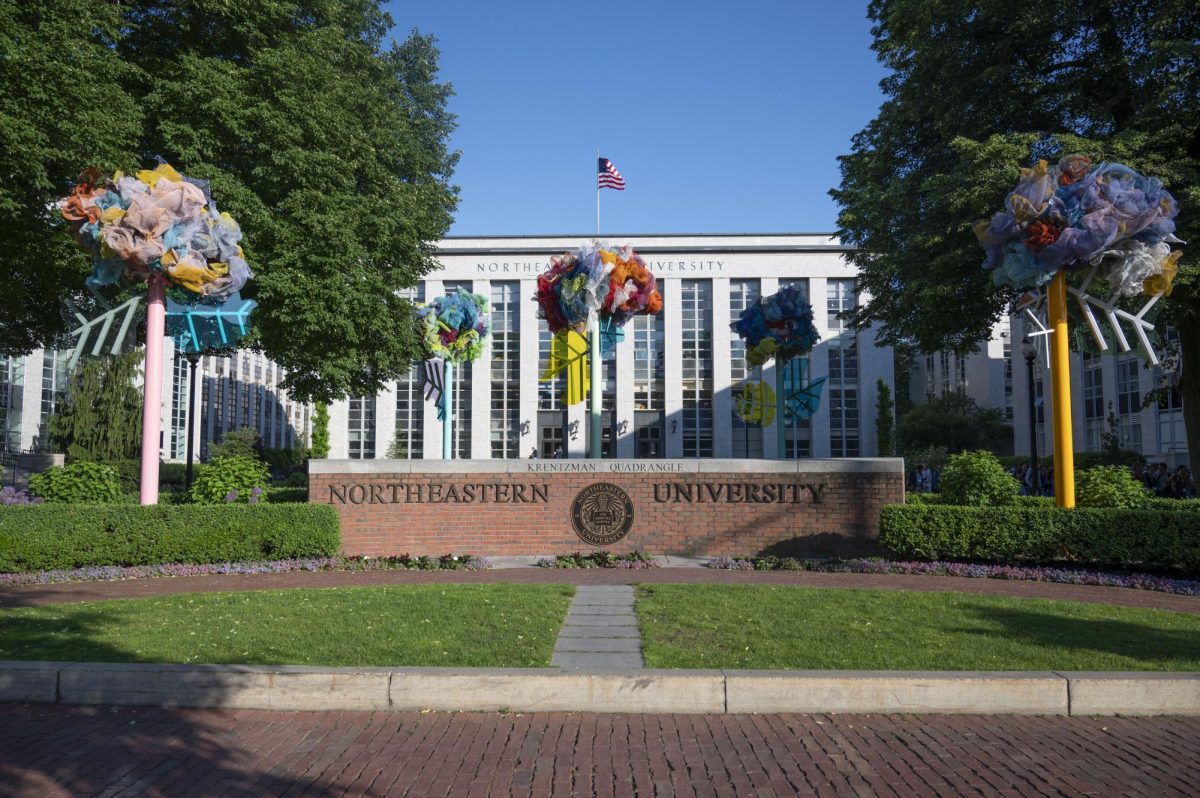Healthcare is an essential issue in the United States, but adults and senior citizens aren’t the only groups who have experienced problems with receiving good medical care. At Northeastern the healthcare resources and services are not reliable or useful even though the university is a highly financed and prestigious institution. Complaints include the operating hours of University Health and Counseling Services, the lack of doctors capable of prescribing medication and not enough facilities for prescription refills or connecting students to mental health counselors.
In my first year, one of my former roommates got sick with a cold and went to the University Health and Counseling Services, or UHCS, but they gave her no advice on how to take care of her cold nor did they give her any medicine to help. The staff sent her away without giving her any diagnosis. Hearing this information deterred me from making an appointment for UHCS when I got sick with a nasty cold myself.
I had also gotten COVID-19 in my first year about two weeks into the semester. The guidelines for self-isolation seemed useless as they explained on the website to tell your roommates and professors but don’t go to class and stay in your dorm room. I didn’t see the point of having your roommate still be in your dorm room while you’re sick because they could get contaminated or spread the virus to more people when they leave. New COVID-19 guidelines are more informative now, as the university has provided a PDF guide with instructions, but the guide states that students should avoid interactions with others. Students can’t properly isolate themselves if they are in a suite with a shared bathroom, or in a room that has multiple students forced to live in smaller spaces.
In addition, students are encouraged to seek out mental health help if they feel they need it. However, the hours of operation for mental health walk-ins are inconvenient for students. The mental health walk-in hours are Monday through Friday 11 a.m. to 2 p.m., and Tuesday and Thursday 5 p.m. to 7:30 p.m. During this time, students are usually in classes, eating lunch or dinner, or doing work. There should be mental health walk-in hours during the weekend to accommodate students’ schedules because these services are for the students.
According to the UHCS website, there are a total of 39 workers listed on the staff page, but five of the names don’t even have a bio or picture. Students aren’t going to feel comfortable seeking help for their health if they can’t search the credentials of staff members or have no information about the people they need to go to for their health issues. A team of 39 employees in the UHCS department falls short of providing adequate support for the estimated 16,302 undergraduate students.
A July 2023 article by Northeastern Global News claims that “Northeastern has expanded mental-health and wellness resources, including staffing and services, to keep up with the growing demand around the clock.” Although Northeastern is acknowledging the growing mental health crisis among college students, there are still plenty of student complaints on the Northeastern Reddit page or on Google reviews. Some Google reviews describe the UHCS staff as, “incompetent, uncaring, and most importantly, rude and condescending.” One Google review stated that “staff are very unresponsive/unhelpful; I did not receive callbacks/email responses for stretches of weeks and experienced a substantial gap in health insurance coverage as a result. Bureaucracy appears to take priority over student health in this office.”
Northeastern does provide two wellness days for students, however, two days off of classes out of the four-month semester isn’t going to help someone’s mental health. During these two days, students are still responsible for completing any work and assignments that are due. How are students supposed to focus on their mental health during their wellness days if they still have to scramble to complete work? The purpose of wellness days is completely taken away because the student will still be working on assignments and studying. If Northeastern genuinely prioritized students’ mental health, it would either offer an effective alternative to wellness days or actively address the underlying causes of a student’s need for such a day, providing support to alleviate their anxiety.
With college students’ growing mental health issues, mental health resources should be easy to access, the response times should be quick and the resources should be genuinely useful to the student. Another Northeastern University mental health resource is We Care. Although they collaborate with different administrative offices, university faculty, and staff, the contact list on
the We Care website shows that there are only five people on staff. I can’t imagine five people would be enough staff to handle the number of students at Northeastern and their prevalent mental health issues. Northeastern, being a financially robust institution, should allocate more of its resources towards expanding its mental health staff and healthcare services.
Northeastern has failed its students’ well-being. When multiple people are placed in close proximity to each other, people are bound to get sick. With COVID-19 rates rising and flu season coming up, Northeastern needs more healthcare resources and those services should help treat each student. As I sit in class each day, I notice an increasing number of students becoming sick but still showing up to class. This is sending the wrong message to young adults. These students are just learning how to take care of themselves without their parents or guardians to help them. When UHCS doesn’t help a student, it deters them from getting help and sends the message that they should put classes and assignments before their mental or physical health.
I, as a student, didn’t feel supported or helped by my university when I got sick. No student should “tough it out” and be violently coughing in class or calling their mom to see what cold medicine is best to buy at Wollaston’s while wishing they could be at home with someone to take care of them. It should be Northeastern’s healthcare resources to take care of and support them at that time.
Alyssa Enright is a second-year journalism and criminal justice combined major. She can be reached at [email protected]







